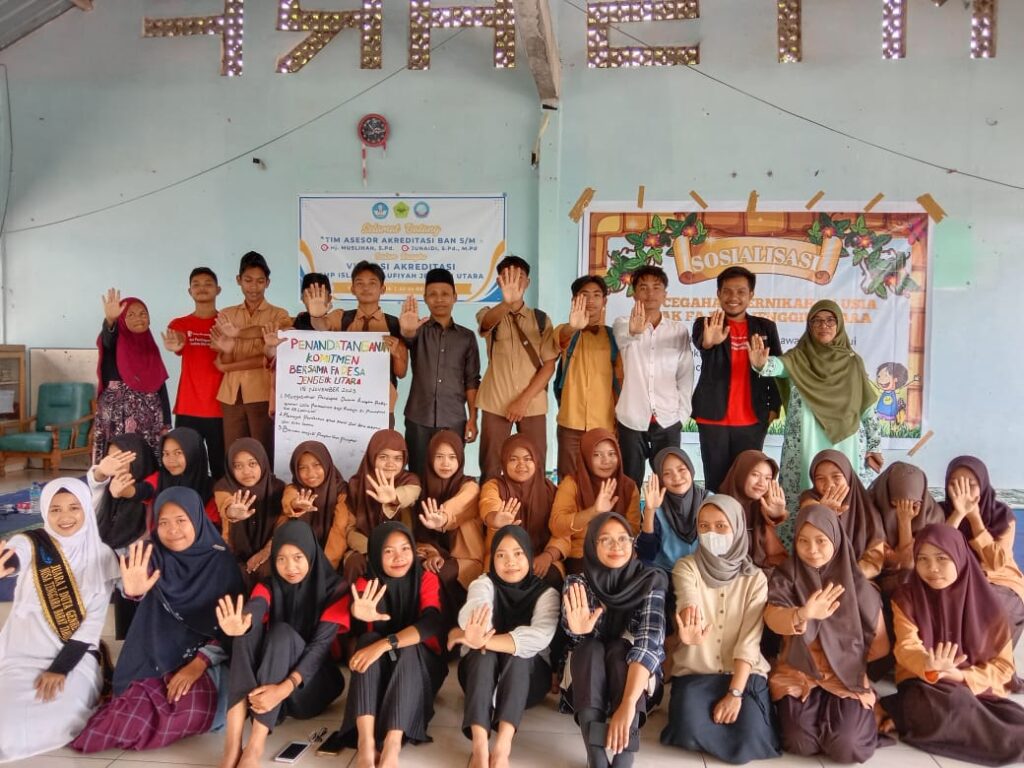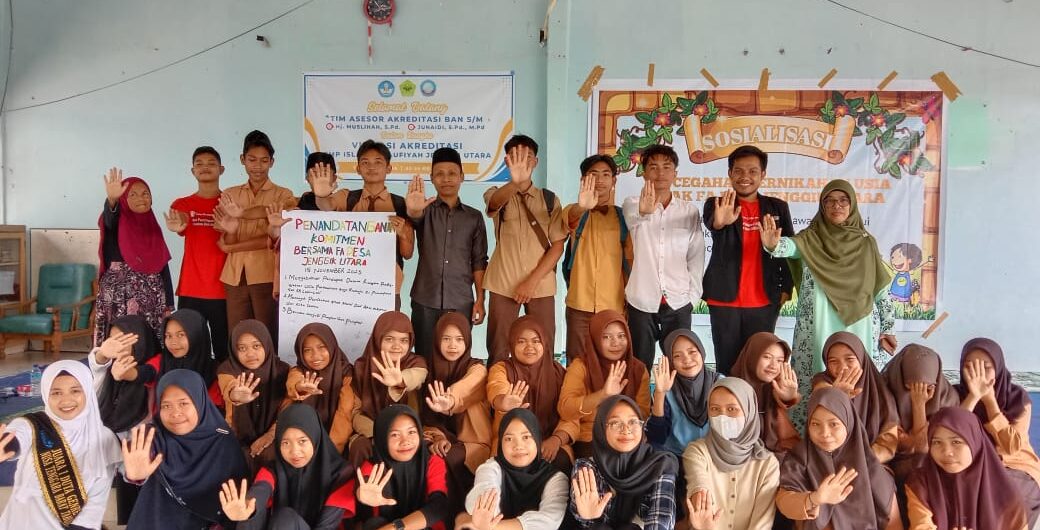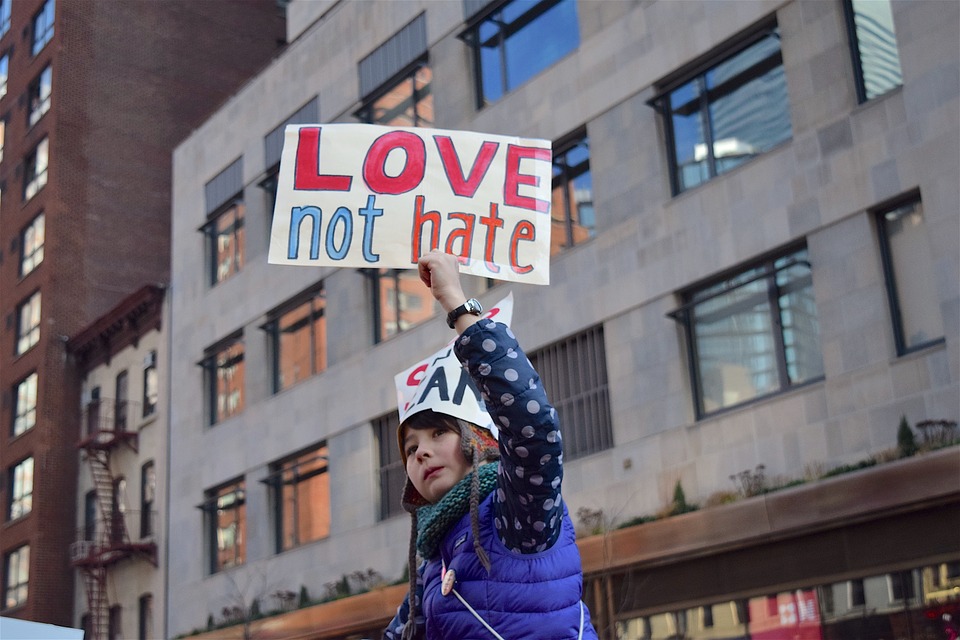When thinking of the fight for gender equality, large Western feminist movements such as Me Too and Time’s Up come to mind, and for good reasons – they were powerful, prominent, and widespread movements that caught the worlds attention and raised global awareness on the multitude of injustices women face
But have you wondered, what a local, grassroot’s fight for gender equality in the villages of the Global South looks like?
Minha is a 20-year-old university student born into a rural village in Lombok, West Nusa Tunggara in Indonesia. She is a passionate advocate and spokesperson on children’s and women’s rights in her village, and has been ever since she was in high school.
I had the pleasure of meeting Minha through the non-profit organisation, Save the Children Indonesia, and was in awe of how much she has already accomplished at such a young age. When I asked her what first inspired her passion in gender equality, Minha tells me that it started when she reflected on the patriarchal culture and systems entrenched in her village.
In her region in particular, males are regarded as more superior to females, and this is demonstrated with how women have to wait for the men of the house to stand, wash their hands, or eat before they are allowed to do the same. She talks about the ancient caste system, where a woman with blue-blood (descendants of royalty) has to marry a man of equal status, otherwise she could possibly end up disowned by her family. Unsurprisingly, the same rules do not apply to men. Such a system was still around when Minha was born, but is not as prominent now as it was then.
In her village, being a woman also meant that education was not a priority, due to the stereotype that women would inevitably be in charge of the household and the children. Instead of continuing into higher education, girls are placed in home economics classes to prepare them for marriage and taking care of their family. Boys, on the other hand, are encouraged to obtain higher education since they will be taking on the responsibility of his family.

Minha talks about how this widespread, conservative mindset that many of the adults hold contributes to the large number of girls not entering university, and to her province having the highest rate of child marriages in Indonesia – of which many of her own friends have fallen victim to.
“That’s what I want to change the most- [that] education is not just based on our biological or gender differences as girls and boys, but that education is the right of every child of the nation, for both girls and boys…”
From Minha’s reflections, she keeps on asking, “we have similarities, but why are we being differentiated?”
“When I was in [high] school, nobody discussed gender equality… especially being in a very patriarchal environment, where everything belongs to men. There were even [male] teachers who knew about gender equality, but they preferred to stay silent.”
It was in 2020, through an online event by Save the Children, where she was properly introduced to the topic of ‘gender equality’. This was when her curiosity bloomed into something more. Armed with knowledge, Minha was empowered to take action.
Minha loves expressing herself through poetry – an activity that is frowned upon in her village where women are not given much freedom to express themselves, with many considering it ‘improper’. Under Save the Children Indonesia, Minha was able to take her activism from the local to the national stage, reading her poems in front of government officials during public events, urging them to pay attention to the lives of Indonesian children.
Together with her friends, Minha sought to champion the rights of both women and men, and raise more awareness on gender equality in her village. Through speaking at schools, conducting research, producing pamphlets, videos, creative campaigns, and festivals, and forming a children’s forum with the support of the village government, little by little, change was brought.
Parents, who were initially reluctant to let their children join organisations, came around when they saw how their children developed and utilised their voices. The village’s children’s forum works with the local authorities to intervene when there are anonymously reported cases of child marriages. Additionally, now students at Minha’s university often discuss and debate on issues of gender equality.
Nevertheless, there is still the need for more improvements.
“For my village, I hope that people will be more open to issues around gender equality. And I hope that people can understand what gender equality is, and not misinterpret its meaning – [thinking] that only women will benefit from gender equality.”
Though occuring in divergent places, the fight for gender equality is at its core, the same. In both the Global North and South today, women are often still deemed as inferior to men, silenced, and restricted.
Yet in both places too, there are exceptional women like Minha, burning with passion, using it as fuel to fight for gender equality, and bringing change to their communities, both big or small. It is only because of their efforts that we have the change we see today.




